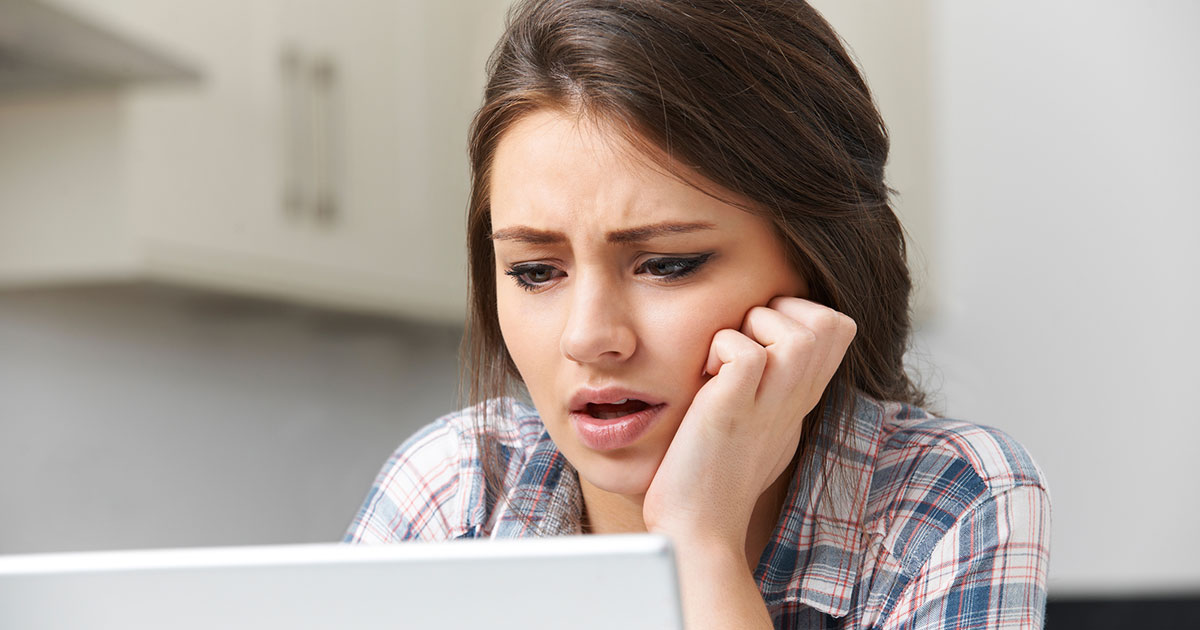How To Fight Body Shaming And Accept The Skin You're In
Body Shaming And Social Media

With a social media dominated society, it is not a surprise many women and men turn to social media platforms, such as Facebook, Instagram, Pinterest, and YouTube, for inspiration for what they should look like. More individuals are becoming accustomed to sharing glimpses of their lives with carefully filtered and edited images of themselves to depict an ideal lifestyle and to alter the way they look and how society views them. Considering how immersed our culture has become within social media, the fact there is a strong correlation between social media, body image, and self-esteem is not alarming.
A study conducted by Unilever for the Dove Beauty company discovered more women look to social media for beauty inspiration, even if this influence is not a positive one. Out of the women who partook in the survey, seventy-five percent felt the portrayal of women on social media was unrealistic, despite the fact these same women were highly influenced by the images they saw online. Research also has shown social media use is associated with numerous body image concerns, depending on the type of online activity users engage with, such as comparing appearances with others who fit the ‘perfect’ standard of beauty. These are similar effects experienced by traditional media, such as magazine and television advertisements.